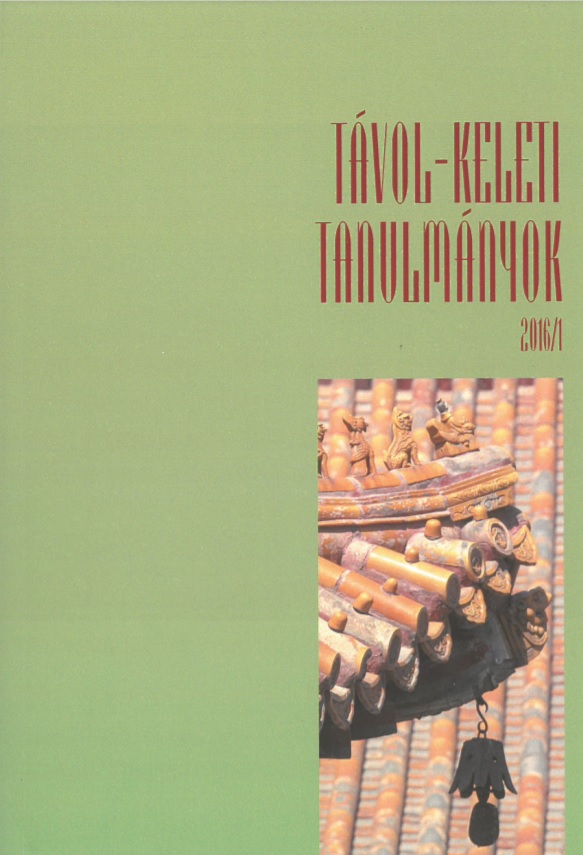Published 2017-03-01
How to Cite
Copyright (c) 2017 the author(s)

This work is licensed under a Creative Commons Attribution-NonCommercial 4.0 International License.
Abstract
There are various expressions in the Japanese language to define strangers who arrive from the outer world to the community: they are called marebito 稀人, ijin 異人, or gaikoku-jin 外国人 through the history. However, all members of the homogeneous community had to approach them with precaution because of the impurity (kegare 穢れ), and other unknown dangers thought to be hiding in them. Therefore, it was a difficult and long process to acknowledge these people who were often banished or stigmatized in spite of their efforts of integration. The community itself had several rules to maintain the order between the members and strengthen their social consciousness, which can be seen in today’s Japanese society in regard to tatemae 建前 and the strict courtesy system, too. In present-day Japan, the phenomenon of nikkei-jin 日系人, kikokushijo 帰国子女 or the children born from international marriage arouse new questions related to strangers: who and in what way can be called Japanese, where can we draw a line between those who are treated as strangers in spite of their Japanese lineage and the natives who are highly conscious of their Japanese identity.
